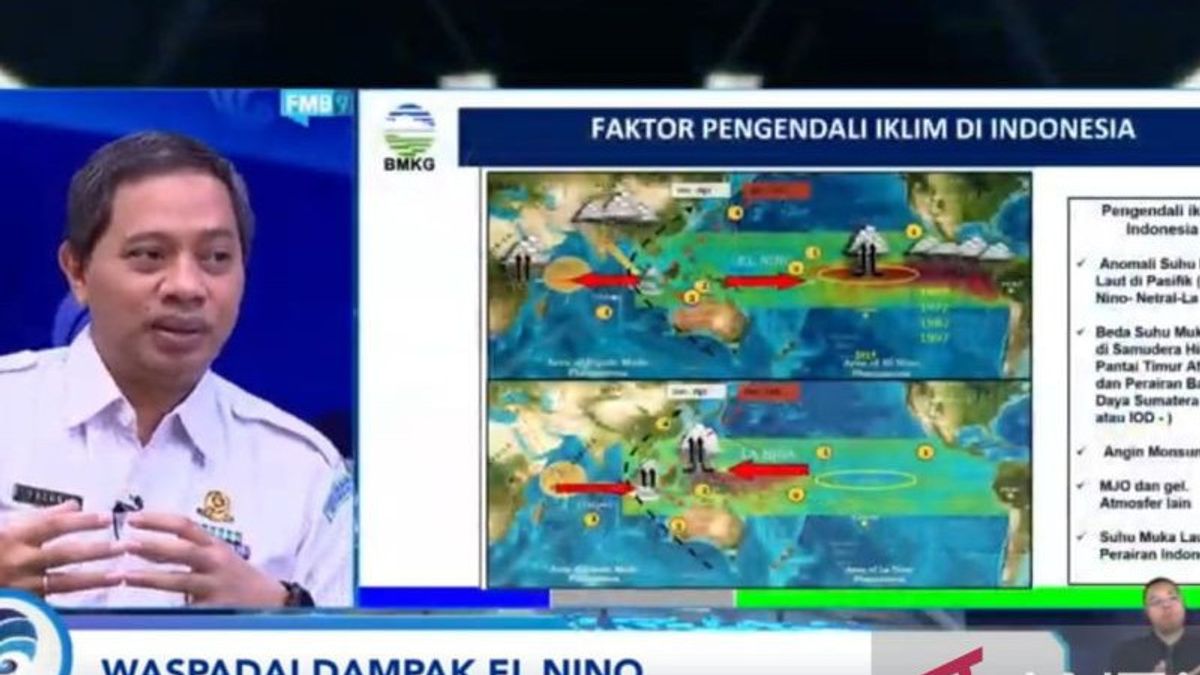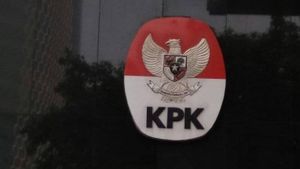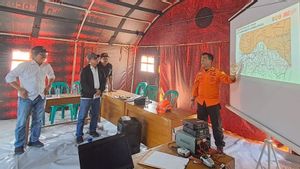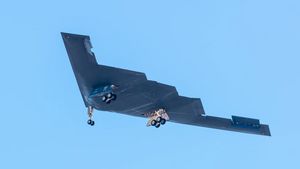JAKARTA - The Meteorology, Climatology and Geophysics Agency (BMKG) said that 63 percent of the season zone areas in Indonesia were affected by the El Nino phenomenon which caused the dry season to become drier.
"There are 699 zones for the season in Indonesia, currently around 63 percent have entered the dry season period, meaning that 63 percent have been directly affected by El Nino, which is around 63 percent of the season zone area," said Head of the BMKG Climate Change Information Center, A Fachri Radjab in a discussion on the Merdeka Barat 9 Forum which was followed online in Jakarta, Antara, Monday, July 31.
El Nino is a global atmospheric phenomenon, namely an increase in sea level temperature.
"When the temperature automatically increases, the impact is the reduction in wet air in Indonesia, so the air entering Indonesia is relatively dry so that rainfall is decreasing, cloud cover is also reduced, the temperature is also getting higher, one of the effects is drought," he explained.
In Indonesia, the most strong impact of El Nino is the reduction in rainfall. "So when we are in the dry season plus there is El Nino, it gets drier," said Fachri.
He stated that based on the BMKG monthly rain forecast, several areas with low rainfall intensity were in the low category, namely in most Sumatra, including Riau, Bengkulu, and Lampung, as well as almost all areas of Java.
Then, in the areas of Bali, NTB, NTT, West Kalimantan, South Kalimantan, North Kalimantan, South Sulawesi, Central Sulawesi, and Southeast Sulawesi.
"Well, that's what has the potential for dry season to really be anticipated of course," he said.
On the same occasion, the Head of the National Food Agency (Bapanas) Arief Prasetyo Adi ensured that the availability of main food until the end of 2023 was safe.
"Our mitigation has actually started since last year, then in early 2023, it is certain that our strategic commodity food stock will be safe," he said.
He added that several activities have also been carried out by the central government regarding food security in dealing with El Nino, one of which is the cheap food movement and moving food stocks from surplus areas to deficit areas.
另请阅读:
The English, Chinese, Japanese, Arabic, and French versions are automatically generated by the AI. So there may still be inaccuracies in translating, please always see Indonesian as our main language. (system supported by DigitalSiber.id)














